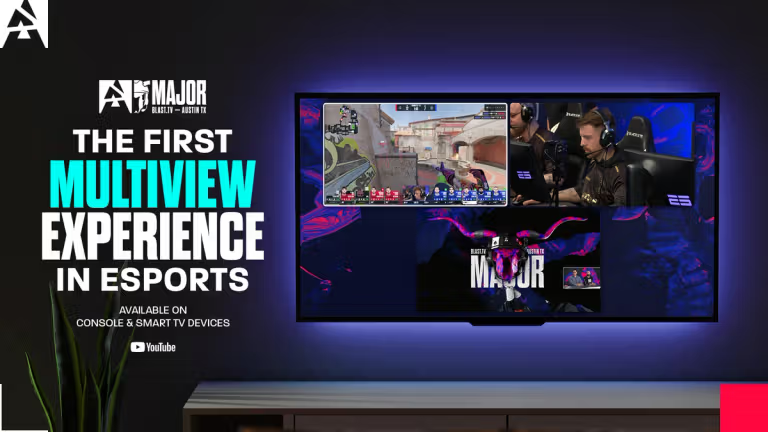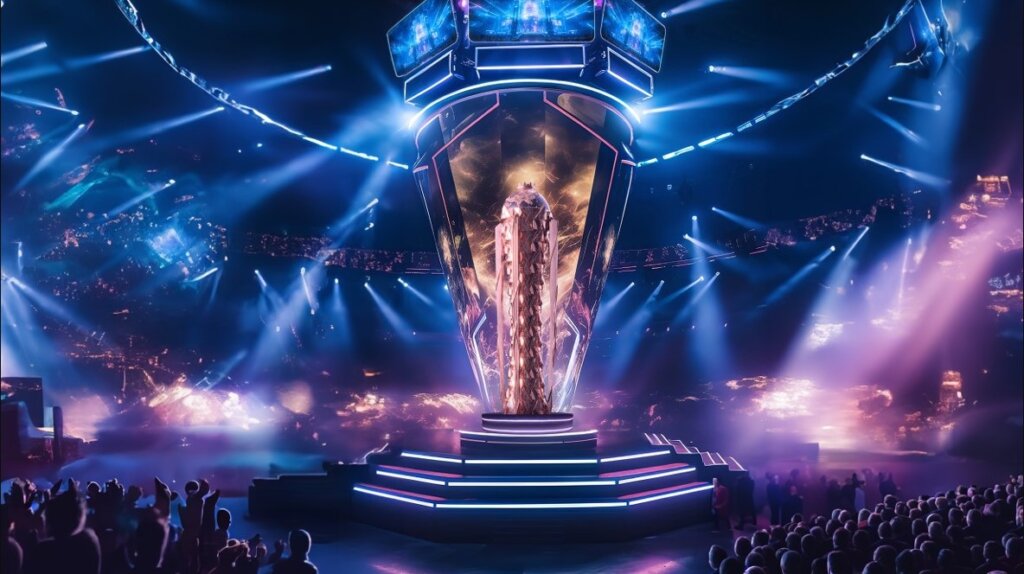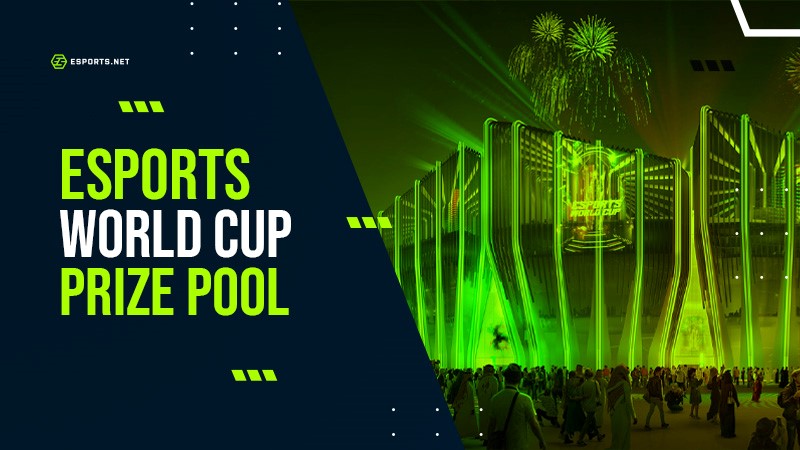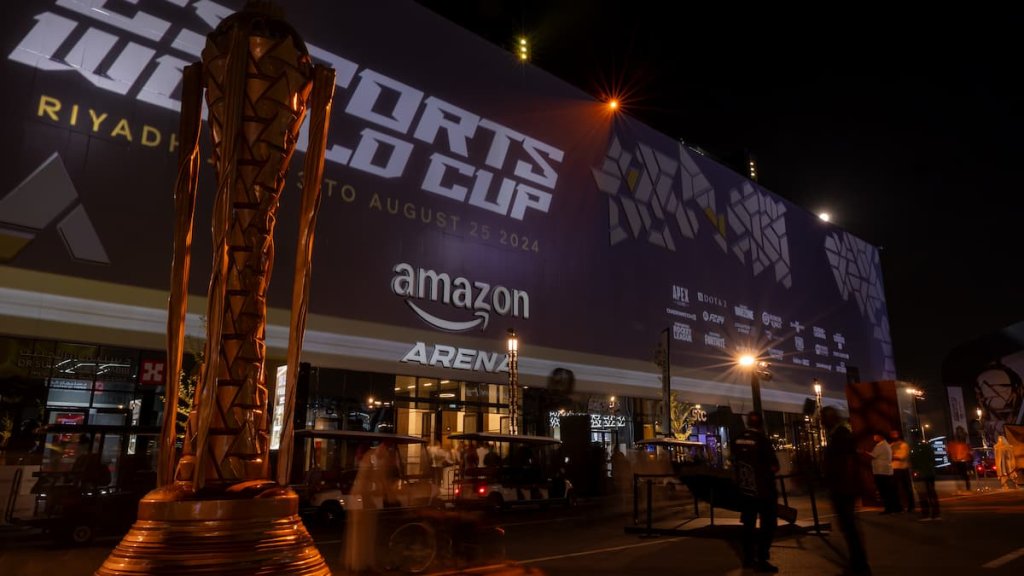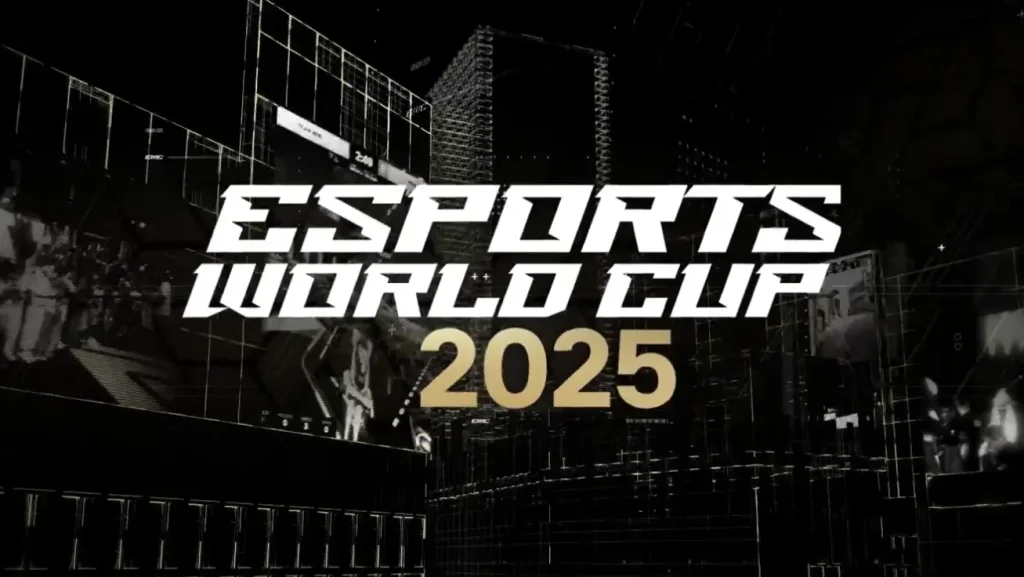
Setbacks for esports’ Olympic ambitions
The German Olympic Sports Federation (DOSB) dealt the nation’s gamers a bitter blow when it declared that esports couldn’t be considered to be a legitimate sporting activity. The announcement was made after several esports organisations in Germany campaigned to achieve full government recognition.
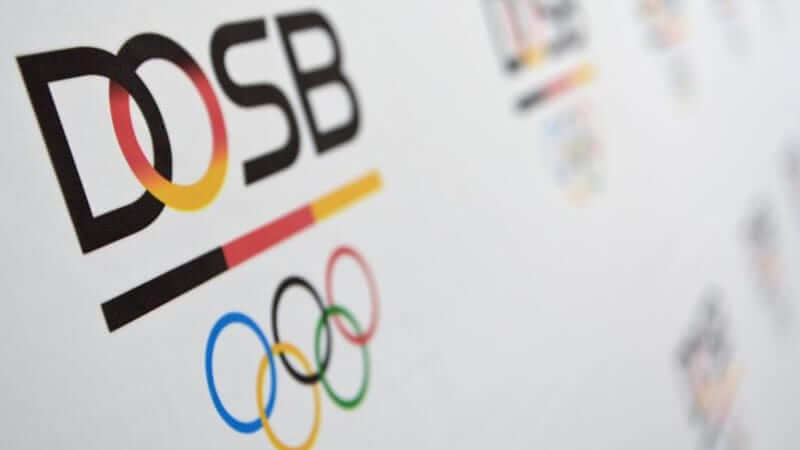
© DOSB
If this recognition had been granted, it would have helped the nation’s burgeoning esports scene gain an extra level of legitimacy and funding to compete on a global state. But with the DOSB’s decision to leave German esports on the margins, it will have done little to help competitive gaming make its long-awaited appearance on the Olympic stage.
Why the German Olympic Sports Federation ruled against esports
The DOSB was given the task to provide a definition of esports when the German federal government provisionally agreed to recognise esports as a traditional sport. But after much analysis, the DOSB have sought to drive a dividing line between sports simulators and other competitive gaming titles.
Whilst electronic sports simulations such as FIFA and even virtual archery might be considered to be relevant for inclusion in the standard sporting world, the DOSB were clearly opposed to allowing esports titles like Counter Strike Global Offensive and League of Legends to be included.
The DOSB provided a few reasons for this controversial decision. These included the often violent nature of these video games, and the organisation also felt that many of these titles were too closely intertwined with the marketing and financial gain of their parent companies. In addition to this, the DOSB highlighted the World Health Organisation’s research that stated that many first-person shooter and battle arena esports titles have the potential to lead to addictive tendencies and other harmful behaviour.
These results were reached after the DOSB set up a 25-member committee to discuss the esports phenomenon and consult with various figures in the German competitive gaming industry. Whilst the rejection might be controversial, it wasn’t too surprising as the DOSB had previously commented that esports’ bid to gain official recognition was the result of ‘specialist politicians in the tech industry’ back in March 2018. In fact, the DOSB also stated that the presence of game publishers, tournament organisers and software manufacturers should’t be allowed to factor into making esports a fully recognised sport.
What impact will this have on German esports?
The DOSB’s controversial decision not to classify esports as a traditional sport is a setback for Germany’s competitive gaming scene. Hopes were high earlier this year after the German coalition government agreed to see esports as a normal esport. This suggested that there would be extra funding to build local esports clubs and even create an Olympic discipline out of competitive gaming.
But now it looks like those plans might have to be postponed, and it also means that Germany’s many esports clubs won’t be able to apply for a not-for-profit status. This would have allowed these organisations to operate without having to endure the standard commercial and corporate tax rates.
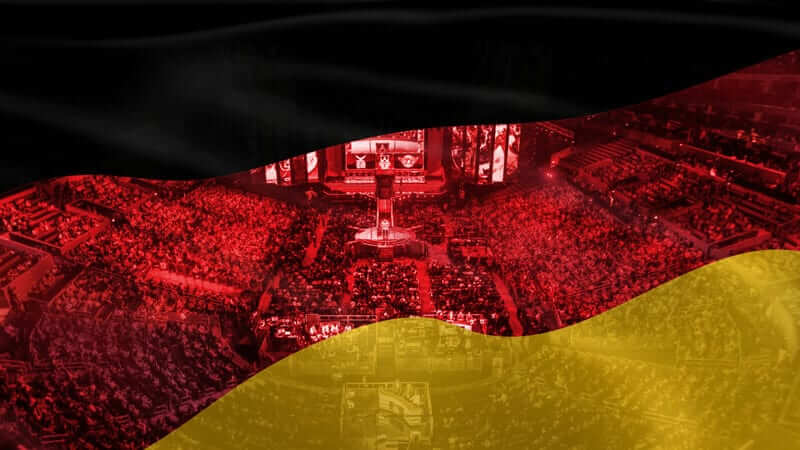
© esports.net
What’s particularly devastating is the fact that the DOSB’s long-standing aversion to esports will severely dent competitive gaming’s chances of becoming a fully recognised Olympic sport. The International Olympic Committee had previously shown an interest in seeing how esports could work alongside traditional sports on the international stage, and the Olympic Council of Asia even permitted esports titles like League of Legends, Hearthstone, and Pro Evolution Soccer to make an appearance at the 2018 Asian Games tournament.
The fight to legitimise German esports
Whilst the DOSB’s decision has caused plenty of concern, there have already been several efforts made to start a fightback. In particular, the German Esports Federation has been particularly vocal in their condemnation of this rejection with their president stating that the decision could lose the young generation’s trust in sports. In addition to this, the German Games Industry Association stated that the DOSB’s division of gaming into virtual sports simulations and ‘eGaming’ showed a complete lack of understanding of esports.
It’s worth noting that the German government isn’t actually required to have the approval of the DOSB in order to legitimise esports. There will be a crunch meeting on November 28 when the Sports Committee of the Bundestag hosts a public hearing to discuss the esports phenomenon and this should hopefully provide a more balanced argument to the debate.
Regardless of the DOSB’s decision, it’s clear that the German esports scene is in rude health. Not only does the nation possess one of the biggest esports production companies and tournament organisers in ESL, but Germany has also attracted top games publishers like Riot Games and Activision Blizzard to set up offices in the country. And with ongoing discussions for esports to be included in the 2024 Olympics in Paris, it seems as though this debate is only just getting started.
